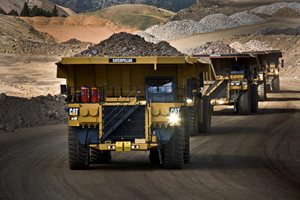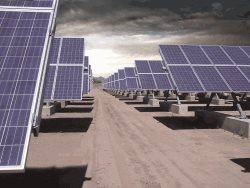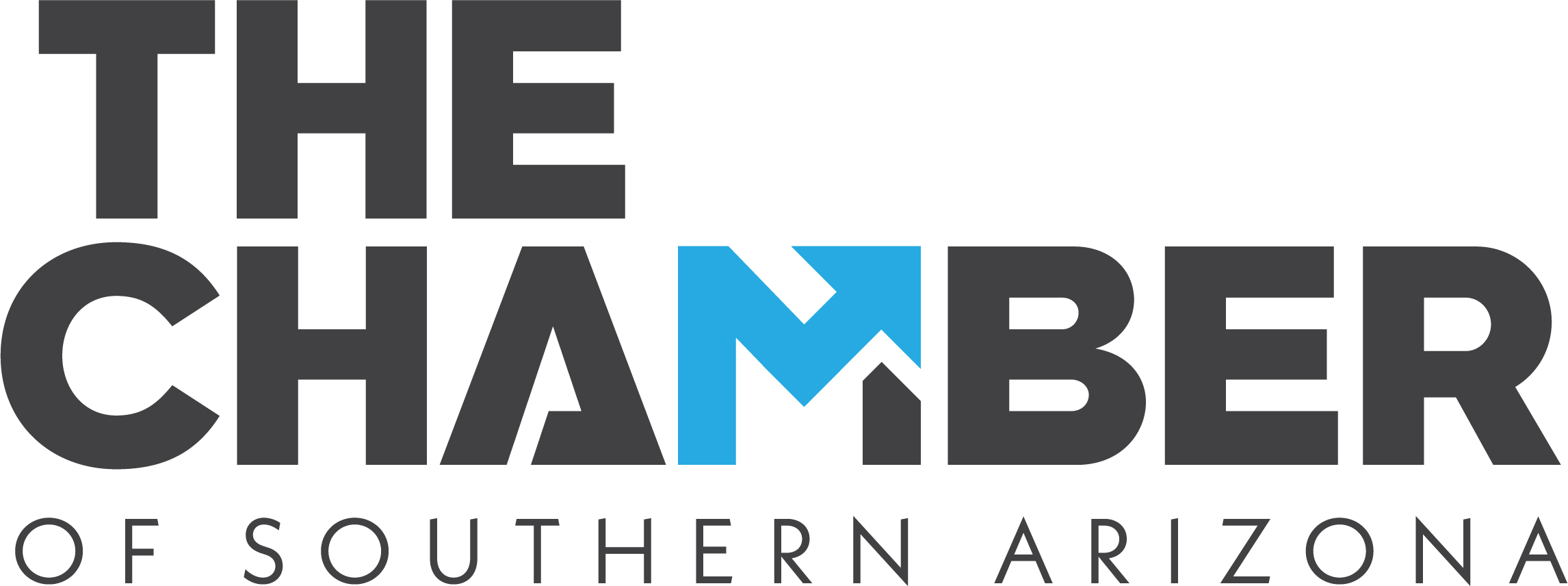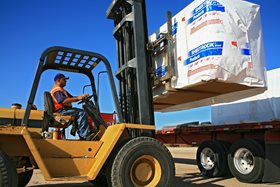Renewable & Mining Technology
Fast Facts
CBRE, 2021

Southern AZ is home to:
– Caterpillar Tucson Proving Grounds & Tinaja Hills Demonstration & Learning Center
– Komatsu Arizona Proving Grounds

2021

OVERVIEW
MINING
 Copper mining has been a major industry for Arizona since the 19th century. Sixty percent of the nation’s copper comes from Southern Arizona. The copper mined in the region is sold principally outside of the state, bringing money into our economy. Jobs in the mining industry produce higher wages than service sector jobs.
Copper mining has been a major industry for Arizona since the 19th century. Sixty percent of the nation’s copper comes from Southern Arizona. The copper mined in the region is sold principally outside of the state, bringing money into our economy. Jobs in the mining industry produce higher wages than service sector jobs.
Much of the nation’s mining technology research is done in Tucson in association with The University of Arizona. The University of Arizona Department of Mining and Geological Engineering offers a BS in Mining Engineering. There are several tracks for this degree, such as sustainable resource development, mine operations, geomechanics and geological engineering.
The Lowell Institute for Mineral Resources provides students with real-world experience with new technologies, including safety and advanced problem-solving.
66%
Southern Arizona produces 60% of the nation’s copper.
Drawing on University of Arizona strengths, the New School of Mining and Mineral Resources – jointly administered by the UArizona colleges of Science and Engineering – brings together students, professionals and communities across disciplines and boundaries to meet the complex challenges of sustainability.
RENEWABLE ENERGY
 Recognized globally as a location of choice for solar energy activities, Southern Arizona’s emerging solar industry promises a bright future. The region has valuable resources for technology development, manufacturing and solar power generation.
Recognized globally as a location of choice for solar energy activities, Southern Arizona’s emerging solar industry promises a bright future. The region has valuable resources for technology development, manufacturing and solar power generation.
The University of Arizona Science & Technology Park is a 1,345 acre site with nearly 2 million square feet of office, engineering and laboratory space developed. Tech Parks Arizona is focused on developing innovation hubs that unite industry and research to advance leading-edge technology. One of the key initiatives underway is the Solar Zone at the UA Tech Park. The Solar Zone is one of the largest multi-technology solar testing and evaluation sites in the United States.
Phase one of the Solar Zone is an innovative strategic partnership between The University of Arizona and Tucson Electric Power. All solar power generated in the Solar Zone is used by Tucson Electric Power to expand its renewable energy resources in Southern Arizona.
Power generation and distribution are only one component of the Solar Zone. Equally important is research and development. The Solar Zone is designed to provide university and industry researchers with the ability the evaluate various technologies as they perform side by side, under identical operating conditions, so developers may determine when systems are most efficient and economical for the company and Southern Arizona. University of Arizona researchers are testing everything from solar power forecasting to the environmental impact of solar energy installations.
WORKFORCE
WORKFORCE
Much of Tucson’s highly-skilled workforce is a product of targeted education programs at The University of Arizona and Pima Community College. These institutions offer tech-transfer opportunities and direct access to highly-skilled graduates.
The University of Arizona, one of the nation’s top 20 public research institutions, features world-class research in many diverse fields including engineering, environmental science and alternative energy. With an enrollment of over 50,000 students, many involved in ongoing research, the university provides a stream of experienced and skilled bachelor’s, master’s and doctoral graduates.
Pima Community College is an open-admissions, comprehensive, and multi-campus community college that serves more than 36,000 students annually. The college plays an important role in economic development, with established relationships with approximately 700 employers including advisory committees, employer-sponsored education and training, customized workforce development solutions, work-based learning and apprenticeships, upskilling and retraining, certificates and degrees to meet employer needs, and more.
EMPLOYERS
EMPLOYERS
With strong local support and an ideal climate, the Tucson region is emerging as a location of choice for many companies in the alternative energy and natural resources industry.




